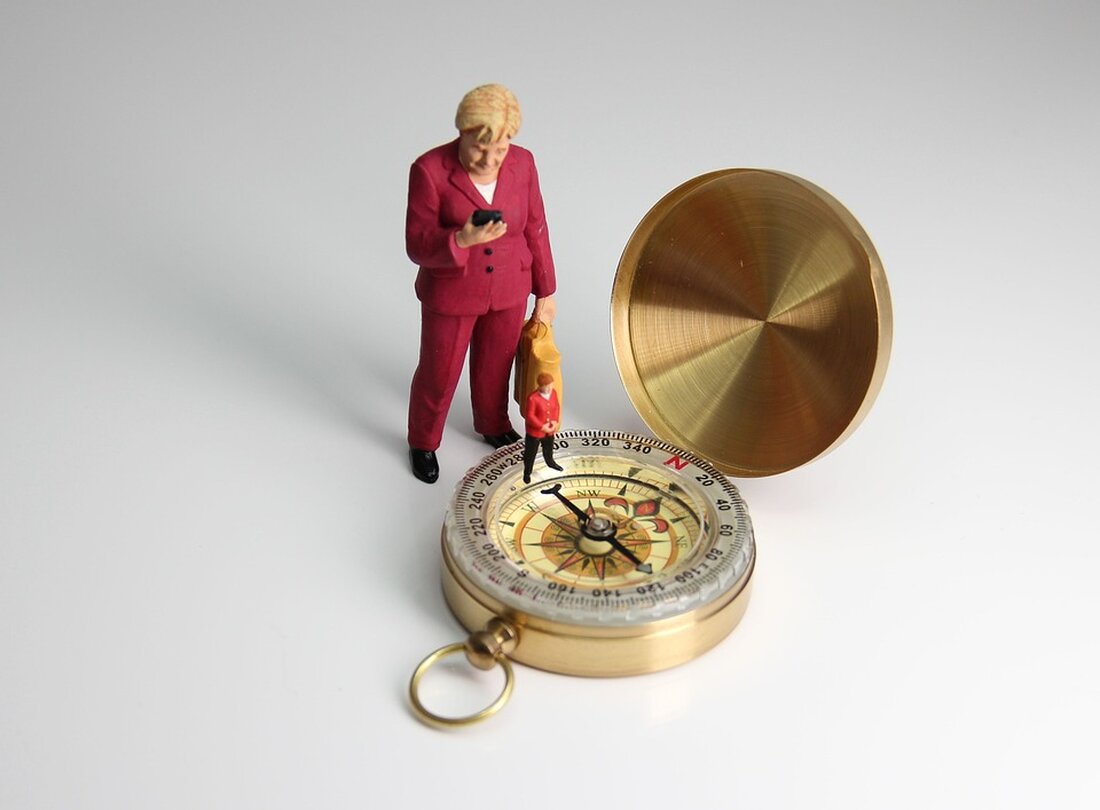SPD in the crisis: The search for stability before the Bundestag election
SPD in the crisis: The search for stability before the Bundestag election
The effects of the state elections on the political landscape in Germany
The state elections in Saxony and Thuringia have shown far -reaching consequences for political stability and the future orientation of the parties in Germany. While the election day appeared like a test of the political landscape for many, it was actually a reflection of the effective communication of the parties and their strategic considerations.
Especially the SPD, led by Olaf Scholz, is the focus of these elections. After the election, there was a collective pat on the shoulder in the federal capital, although the results were rather disappointing. Scholz tried to suggest that the party convinced with its achievements in recent years, but this was not too credible. He said that the SPD "has to communicate its good and real politics better" - a sentence that shows that self -criticism is missing from the party executive.
- political self-awareness: The SPD seems to be arrested in its assessment of the election results and sees the whereabouts under the 5 percent hurdle as a success.
- preparation for future elections: The pressure will increase on the party leadership, especially for the Bundestag election in the coming months. The question is whether she can learn from her mistakes.
There is a special focus on the regional association in Brandenburg, where Prime Minister Dietmar Woidke will try to defend his position and possibly give the SPD some necessary air. This is seen as a potential turning point that could decide on the further political future of the party.
summarized the state elections are not just a regular event cycle, but a significant signal for the future development of German politics. The continuing difficulties in the electorate could force the parties to reposition themselves and possibly also rethink their leaders. A “Kamala moment”, inspired by the American Democrats, could also offer an answer to the requirements of a changing political climate.


Kommentare (0)